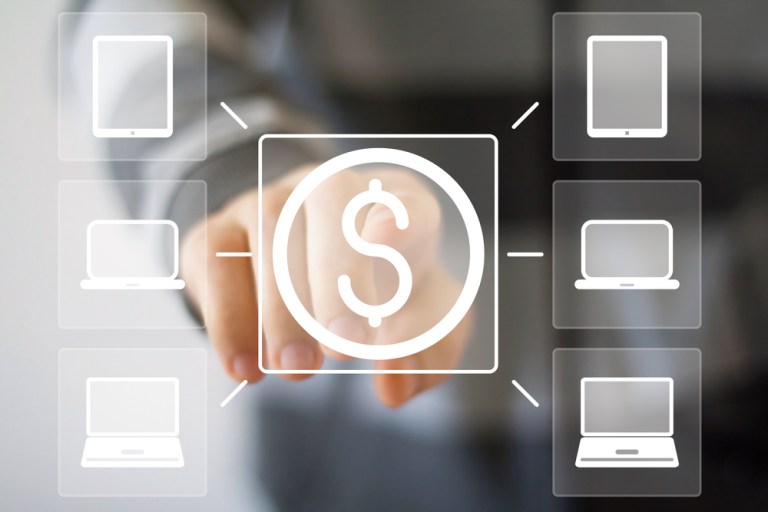Viewing Payments As The Corporate Cash Flow Lever

Same Day ACH is on the cusp of entering the market, blockchain startups are making their visions a reality with bank partners and the financial services industry as a whole, it seems, is ready to make payments faster and more digital.
But in B2B payments, are corporates ready to participate in this new ecosystem?
A new report by SunTrust Banks examines where companies are at with regards to their digital payments journeys. The conclusions suggest B2B payments may not be as ready as the market would hope.
SunTrust’s “Developing Strategies for the Electronification of Payments” report found that the majority of SME companies (57 percent) still make their payments with paper-based processes and paper checks. Manual payments’ persistence in the corporate payments world may make SunTrust’s additional findings less surprising: 73 percent of businesses said they have experienced actual or attempted fraud.
Citing the 2016 AFP Payments Fraud and Control Survey, SunTrust attributed that figure to the use of non-electronic payments processes.
“Ignoring your payments strategy could have a big impact on your bottom line,” said SunTrust’s Michael Maza, head of treasury and payment solutions. “Paper transactions open businesses up to the possibility of fraud, and they can also result in missed collections and payments, as well as increased staff time.”
“Embracing automation today will not only save money in the short-term but can help position companies for the future,” the executive said.
Impending infrastructure and regulatory changes in support of faster payments aren’t the only changes ahead for the market, added Maza. “As interest rates begin to climb, the speed of collections will play an even more important role in a company’s financial strategy,” he said.
But SunTrust’s report found that small and middle-market firms aren’t ignoring the need for faster, electronic payments. In fact, companies surveyed said they’re actually hoping to embrace digital payment processes.
Researchers found that companies want 40 percent more of their payments to be sent electronically so they can be processed faster, reduce costs and streamline workflows. For middle-market firms, businesses said they want 80 percent of their receivables to be sent electronically so they can more quickly and reliably receive payment.
It’s all about cash flow, Maza said in the SunTrust report.
“At the heart of what your company does, it is all about managing liquid capital and having a tool that allows you to manage what you do with cash,” he explained.
The bank’s head of product and digital for treasury and payment solutions, Robert Blair, elaborated on the role of payments in that cash management effort.
“Payments are your business’ transit system for cash liquidity,” the executive said. “I think there’s an opportunity for all companies to ensure that they’re managing and using payments to handle the flow of their cash in a way to benefit their P&L statement.”
According to SunTrust, payments must be viewed as “a lever to control cash flow,” and payments technology can enable companies to access visibility into, and data from, that flow, thanks to electronic forms of payments.
It’s unclear whether businesses will take their demand for faster electronic payments to action — or when. But SunTrust researchers found that, despite non-electronic payment methods, like paper checks, dominating today, the future will see heightened ACH, wire and card adoption, with 59 percent of companies surveyed saying they will prefer electronic payment methods in the future.